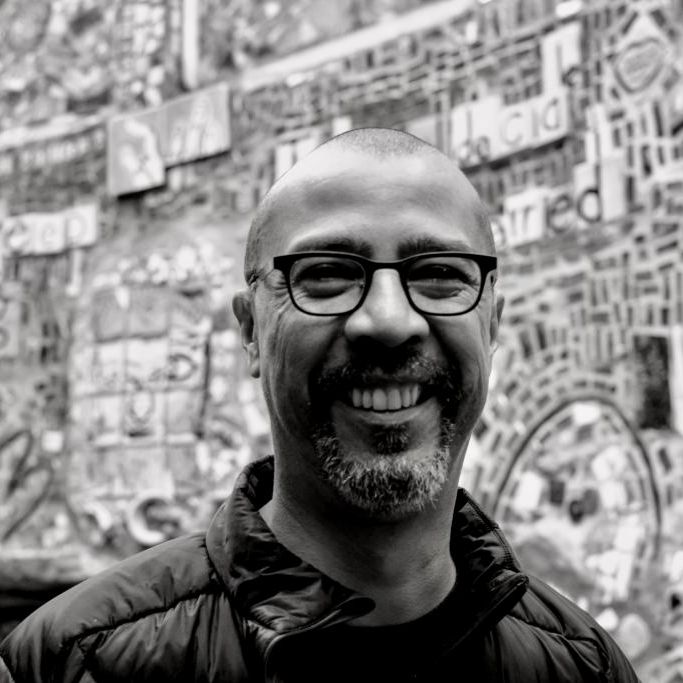
Carlos E. Ortiz, Ph.D.
Professor
Biography
- Education
University of Wisconsin-Madison
1997
Mathematics
PhD
- Research Interests
- Theoretical Computer Science, Finite model Theory, Applications of Logic to Functional Analysis, Applications of logic diverse fields such as to Finance Theory, International Math Education, Genomics.
- Languages
- English, French, Spanish
Publications
First Order Extensions of Residue Classes and Uniform Circuit Complexity
Lecture Notes in Computer Science, 8071 (2013), 49-63
Co-Author
An Innovative Form of Credit Enhancement For Securitized Reverse Mortgages:
Journal of Risk Finance, 14 (2013) 414 – 431.
co-Author
When do Securitized Reverse Mortgages Become Liabilities
The Journal of Structured Finance
Co-Author
Securitization of Financial Asset/Liability Products with Longevity Risk
Journal of Financial Transformation
Co-Author
Approximate Formulae for a Logic that Captures Classes of Computational Complexity
The Logic Journal of the IGPL, 17(2009) 131-154
Co-Author
Delta Hedging a Portfolio of Servicing Rights under Gamma and Vega Constraints with Optimal Fixed Income Securitie
The Journal of Risk Finance
Co-Author
Can ARMs Mortgage Servicing Portfolios be Delta Hedged under Gamma Constraints?
Journal of Financial Transformation
Co-Author
Approximate Formulae for a Logic that Captures Classes of Computational Complexity
The Logic Journal of the IGPL
Co-Author
Methods of class field theory to separate logics over finite residue classes and circuit complexity
Journal of Logic and Computation
Co-Author
Beer Annuities: Hold the interest and Principal
Journal of Derivatives
Co-Author
Reverse Engineering of Prepayment Functions and the Potential Applications for MSRs and IOs Valuation
Journal of Structured Finance
Co-Author
Drosophila Muller F Elements Maintain a Distinct Set of Genomic Properties Over 40 million Years of Evolution
G3 Genes-Genomes-Genetic
Co-Author
Professional Experience
Arcadia University
Glenside, PA
Professor in the mathematics and computer science department

